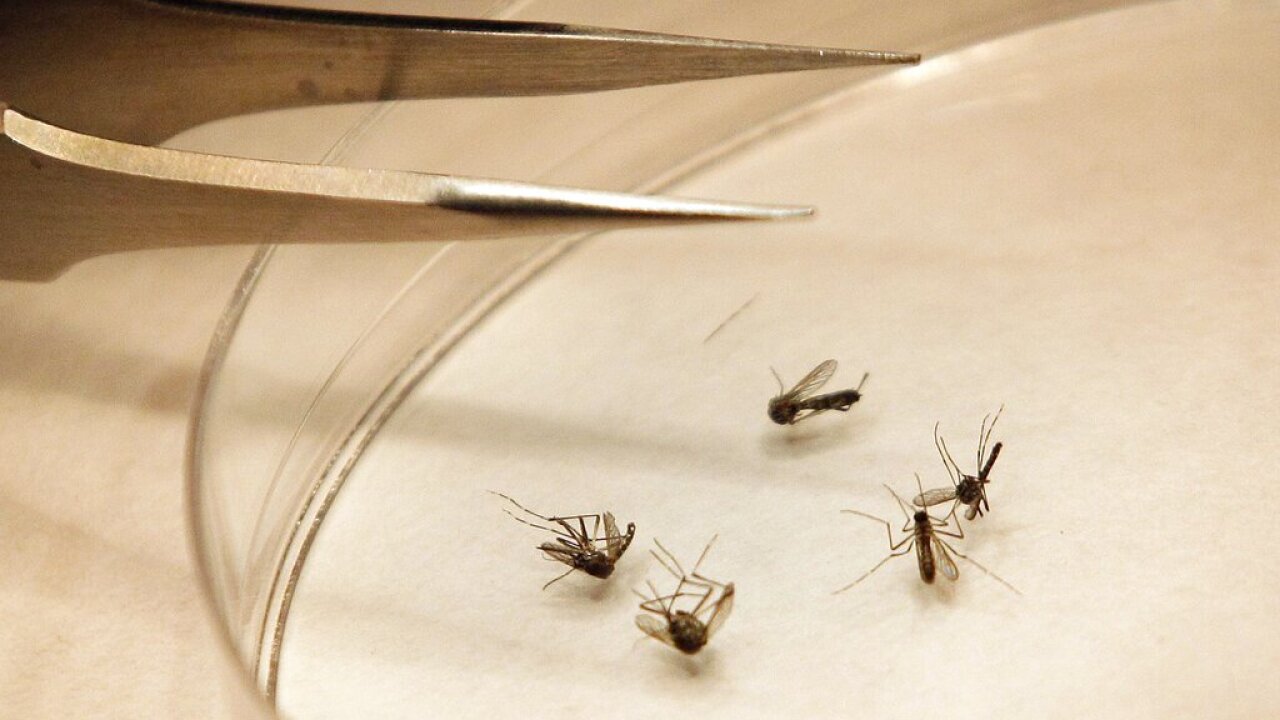CACHE COUNTY, Utah — Just one day after Salt Lake County reported Utah's first human case of West Nile virus, Cache County announced they have 2 confirmed cases within the county. That brings Utah's total human cases for the year to 3.
The Bear River Health Department identified the two cases in people who reside in Cache County. No further details are being released due to personal information.
West Nile virus is transmitted to humans and animals through the bite of an infected mosquito. Mosquitoes become infected by feeding on birds that carry the virus. The virus can cause illness ranging from mild, flu-like symptoms such as fever, headache, and body aches, to severe neurological problems in rare cases.
Over the past few months, mosquito abatement districts across the state have reported multiple West Nile virus-positive mosquito traps. More positive traps are expected in the coming days and weeks.
Because mosquitoes can travel several miles, everyone in the area—regardless of exact location—should take precautions against mosquito bites to avoid exposure to the virus.
West Nile virus can cause mid- to severe illness without people knowing they've been infected. People 50+ years of age and those with weakened immune systems are most susceptible to the disease, although anyone can become sick following a bite from an infected mosquito.
Here are some tips on staying safe from West Nile virus:
- Use an EPA-registered mosquito repellent with DEET, permethrin, picaridin, IR3535 or oil of lemon eucalyptus; follow package directions about application.
- After dusk, wear long sleeves and pants.
- Drain standing water in yards (old tires, potted plant trays, pet dishes, toys, buckets, etc.).
- Keep roof gutters clear of debris.
- Clean and stock garden ponds with mosquito-eating fish or mosquito dunks.
- Ensure door and window screens are in good condition so mosquitoes cannot get inside.
- Keep weeds and tall grass cut short; adult mosquitoes look for these shady places to rest during the hot daylight hours.




